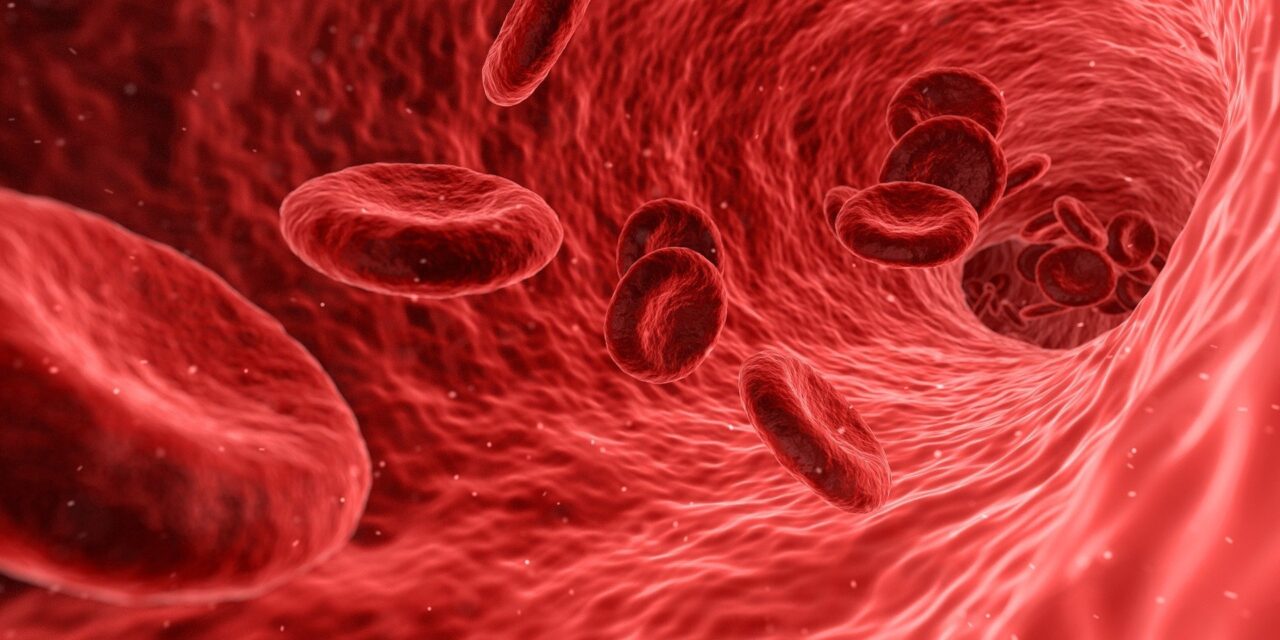February 12, 2025 – In a groundbreaking discovery, researchers at McMaster University have identified a new blood-clotting disorder that provides insight into unexplained and persistent clotting despite the use of full-dose blood thinners. This new disorder, termed VITT-like monoclonal gammopathy of thrombotic significance (MGTS), could reshape diagnostic and treatment approaches for patients suffering from unusual or recurrent clotting.
The study, published in The New England Journal of Medicine, highlights that certain patients develop severe blood clotting due to antibodies closely resembling those found in vaccine-induced immune thrombocytopenia and thrombosis (VITT)—a rare but severe clotting disorder previously linked to discontinued COVID-19 vaccines. However, unlike VITT, these patients develop the disorder without known triggers such as blood thinners or prior vaccination.
Key Findings
The research, conducted at the McMaster Platelet Immunology Laboratory, identified that:
- Patients exhibited persistent VITT-like antibodies lasting over a year.
- M (monoclonal) proteins were detected, suggesting an ongoing pathological process rather than a transient immune response.
- Traditional blood thinners were ineffective in these cases, whereas alternative treatments like high-dose intravenous immunoglobulin (IVIG), Bruton tyrosine kinase inhibitors (ibrutinib), and plasma cell–targeted myeloma therapy showed promise.
“This study underscores the importance of recognizing and diagnosing VITT-like MGTS,” said Theodore (Ted) Warkentin, co-first author and professor emeritus in McMaster’s Department of Pathology & Molecular Medicine. “By understanding its mechanisms, we can develop more effective treatments beyond standard anticoagulation.”
Multinational Collaboration
The study analyzed cases from Canada, New Zealand, France, Spain, and Germany, with key contributions from researchers at Flinders University in Australia and Greifswald University in Germany. Their collaborative efforts confirmed that M proteins act as the pathological VITT-like antibodies, marking a major advancement in hematological research.
“This research exemplifies true bench-to-bedside translational medicine,” added Ishac Nazy, co-lead author and scientific director of the McMaster Platelet Immunology Laboratory. “By leveraging molecular science, we can offer precise diagnoses and timely treatments for previously unidentified disorders.”
Implications for Healthcare
The discovery has far-reaching implications, as it will influence how physicians test for and manage patients with unusual clotting conditions. Healthcare providers may need to reconsider treatment strategies for individuals who continue to develop blood clots despite standard therapies, potentially incorporating specialized testing and novel therapeutic approaches.
More details on the study can be found in The New England Journal of Medicine (2025). DOI: 10.1056/NEJMoa2415930.
Disclaimer
This article is for informational purposes only and does not constitute medical advice. Individuals experiencing health concerns should consult with a qualified healthcare professional. Further research and clinical validation are required before changes to current medical practices are implemented.












